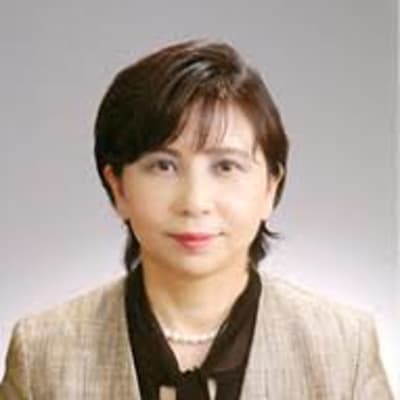
Mari Dezawa, MD, PhD
Professor and Chairperson
Professional Information
Biography
Mari Dezawa, M.D., Ph.D., is Professor and Chairperson at the Department of Stem Cell Biology and Histology, Tohoku University Graduate School of Medicine (Japan). She has contributed to regenerative medicine by discovering non-tumorigenic reparative pluripotent stem cells, multilineage-differentiating stress-enduring (Muse) cells that naturally reside in the living body. Dr. Dezawa graduated from Chiba University School of Medicine in 1989 and gained her Ph.D. from the same university in 1995. In 2000 she joined Yokohama City University, where she started mesenchymal stem cell (MSC) research. After moving to Kyoto University Graduate School of Medicine as associate professor in 2003, she discovered methods to induce neurons and skeletal muscle cells from human MSCs by combining gene introduction and cytokine stimulation. In 2008, she became professor and chair of the Department of Stem Cell Biology and Histology at Tohoku University Graduate School of Medicine. She subsequently has published a number of articles in leading journals on Muse cells and their reparative functions in animal disease models. Dr. Dezawa is the author of more than 120 original articles in international journals and serves as an editorial board member of several international journals. She is a fellow of the National Academy of Inventors, USA.
Specialization
Stem Cell Research
Education
M.D. (Chiba Univ. Sch.Med.), 1989
Ph.D. (Chiba Univ. Grad. Sch. Med.), 1995
Research Associate (Chiba Univ. Grad. Sch. Med.), 1995-2000
Assistant Professor (Yokohama City Univ. Grad. Sch. Med.), 2000-2003
Associate Professor (Kyoto Univ. Grad. Sch. Med.), 2003-2008
Professor (Tohoku Univ. Grad. Sch. Med.), 4/2008-present
Research & Publications
Matsuse D, Kitada M, Kohama M, Nishikawa K, Makinoshima H, Wakao S, Fujiyoshi Y, Heike T, Nakahata T, Akutsu H, Umezawa A, Harigae H, Kira J, Dezawa M. Human umbilical cord-derived mesenchymal stromal cells differentiate into the functional Schwann cells that sustain peripheral nerve regeneration. J. Neuropath Exp. Neurol. 69(9):973-85(2010) http://www.ncbi.nlm.nih.gov/pubmed/20720501 Kuroda Y, Kitada M, Wakao S, Nishikawa K, Tanimura Y, Makinoshima H, Goda M, Akashi H, Inutsuka A, Niwa A, Shigemoto T, Nabeshima Y, Nakahata T, Nabeshima Y, Fujiyoshi Y, and Dezawa M. Unique multipotent cells in adult human mesenchymal cell populations. Proc. Natl. Acad. Sci. USA. 107(19):8639-8643(2010) http://www.ncbi.nlm.nih.gov/pubmed/20421459 Dezawa M, Ishikawa H, Itokazu Y, Yoshihara T, Hoshino M, Takeda S, Ide C, Nabeshima Y. Bone marrow stromal cells generate muscle cells and repair muscle degeneration. Science 309(5732):314-317 (2005) http://www.ncbi.nlm.nih.gov/pubmed/16002622 Dezawa M, Kanno H, Hoshino M, Cho H, Matsumoto N, Itokazu Y, Tajima N, Yamada H, Sawada H, Ishikawa H, Mimura T, Kitada M, Suzuki Y, Ide C. Specific induction of neuronal cells from bone marrow stromal cells and application for autologous transplantation. J Clin Invest. 113(12):1701-1710 (2004) http://www.ncbi.nlm.nih.gov/pubmed/15199405 The research of mesenchymal stem cells aiming for cell-based therapy. (Mari Dezawa). The Commendation for Science and Technology by the Minister of Education, Culture, Sports, Science and Technology, Prizes for Science and Technology, Research Category 2011, April.